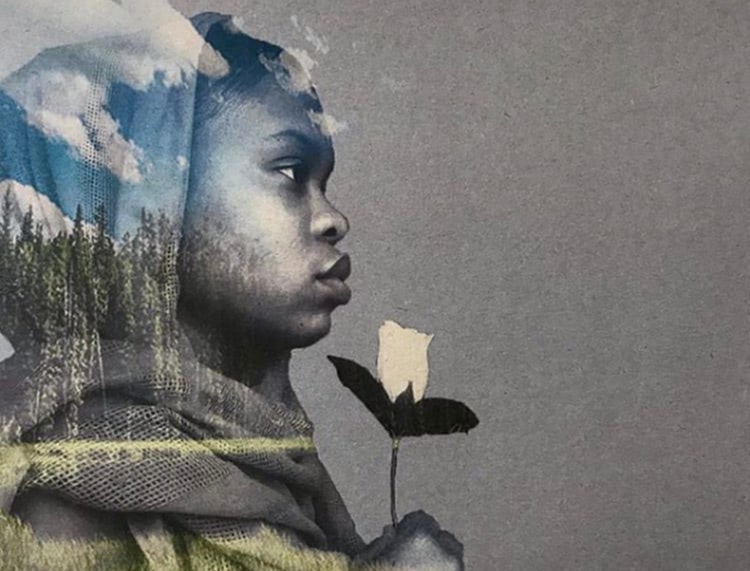Creativity, the world of work, and social cohesion: Thinking imaginatively is key to engaging students and delivering excellent teaching

As a child, the received wisdom was that I wasn’t creative. My sister was the creative one, I was the academic one. You couldn’t be both – and it was ‘better’ anyway to be academic.
Years later, it came to me that this was all nonsense. I am creative – I just wasn’t good at drawing!
Successful organisations need people who think laterally; who are imaginative, open minded, and think originally.
Most organisations rely on team work, with collaborative people who reach across boundaries and see the other perspective.
In a fast changing world, organisations need individuals who are inquisitive, think critically, are adaptable and at ease with ambiguity. In short creativity, if you define it like this, is essential in the world of work.
At the start of my career I was a secondary school teacher.
In my borough, a huge dollop of critical thought made some of us refuse to accept others’ low expectations of our African Caribbean, Asian and white working class pupils; thinking imaginatively was key to engaging students and delivering excellent teaching & learning.
Worried about the outcomes we were seeing for black pupils, I remember collaborating with a group of other young black teachers from across the borough to develop a new Saturday school for black primary age pupils – one that would combine academic rigour, imaginative teaching, and a strong focus on pupils’ self-identity and self-esteem. We were creative.
Towards the end of my executive career creativity continued to be essential – whether working as an Executive Director in the London Borough of Lewisham, a Senior Civil Servant, or Deputy Chief Executive at Arts Council England.
The importance of being able to imagine another reality for the diverse local and/or national communities we were serving; the strategic thinking necessary to improve life chances; the comfort with ambiguity we needed in light of repeated re-structuring and reduced funding; the importance of people who could develop new ideas – test them, pilot them – working collaboratively across boundaries; the policy development at central government, that was essentially a creative endeavour of problem solving.
And throughout all of this endeavour, discipline and tenacity was required. Creative people are also disciplined people who usually have to plan, rehearse, revise, re-shape, re-draft and complete – to deadline.
The 14-18 NOW Make Art Not War creative skills learning programme enables just this and demonstrates how we can fuel young people with these same critical competencies.
Programme Director @NSArobw is attending the @1418NOW conference this afternoon #NowtheFuture. We’ve been thrilled to work with them on the #MakeArtNotWar project over the last year.
This video was launched during our National Conference on Monday. https://t.co/GP7akRCvK5
— Creative & Cultural Skills (@CCSkills) April 3, 2019
Increasingly, employers tell us that new recruits lack these essential skills that are so important, particularly in a world characterised increasingly by portfolios rather than careers. This is a serious deficit that needs to be plugged by an education system that values creative subjects and creativity.
In a changing global and technological world, creativity is important not just for organisational success, but for peace and social cohesion. Critical thinking becomes an important tool for detecting fake news.
The willingness to reach across boundaries and see the other perspective becomes important for refuting hatred. A comfort with ambiguity makes it less likely that we will resort to easy answers that scapegoat others.
We don’t all need to be able to draw – but creativity is a must.
Althea Efunshile CBE, Non-Executive Director & Public Policy Professional, National College Creative Industries












Responses